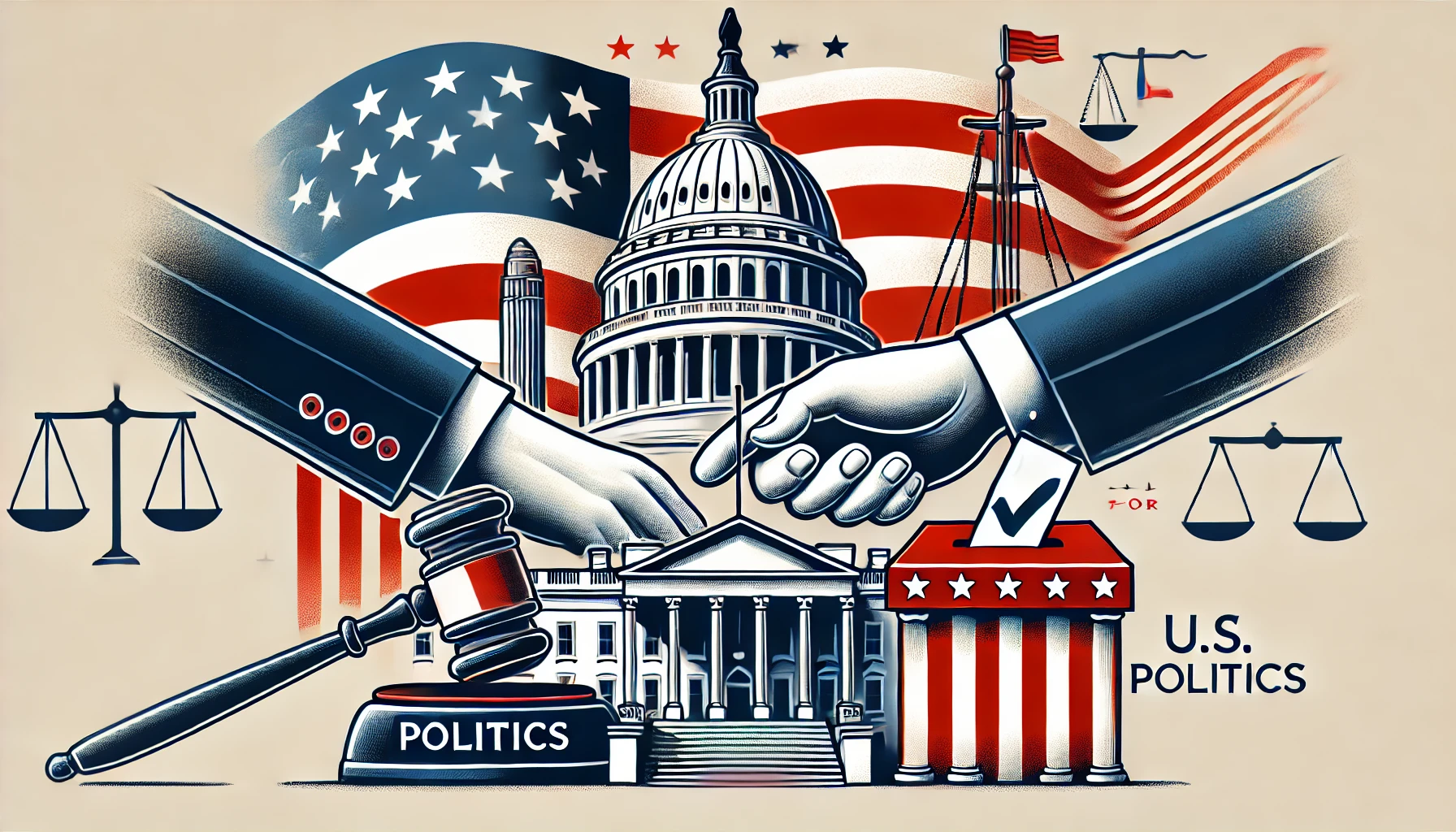Donald Trump’s Presidency and 2020 Reelection: Policies, Controversies, and Legacy
The 45th President Of The United States

Donald Trump’s time in office and his reelection campaigns were anything but conventional. His presidency (2017–2021) was marked by significant policy shifts, economic changes, and intense political divisions. His 2020 reelection bid further fueled controversy, culminating in a highly disputed election outcome.
Below, we break down Trump’s presidency and his reelection campaign, highlighting key policies, challenges, and lasting impacts.
Donald Trump’s Presidency (2017–2021)
1. Early Actions and Policy Shifts
Trump took office on January 20, 2017, with a strong focus on deregulation, tax cuts, and immigration reform. His administration quickly set the tone with the following:
Tax Cuts and Jobs Act (2017): This was Trump’s signature legislative achievement, slashing corporate tax rates and offering tax cuts for individuals.
Deregulation: His administration rolled back environmental and financial regulations, arguing that these changes would boost economic growth.
2. Domestic Policies: Healthcare, Immigration, and Judiciary
Trump’s domestic policies sparked debate across the political spectrum.
Healthcare: Trump and congressional Republicans attempted to repeal the Affordable Care Act (ACA). While a full repeal failed, they successfully removed the individual mandate through tax legislation.
Immigration: He enforced strict immigration policies, including travel bans on several predominantly Muslim countries and efforts to build a border wall along the U.S.-Mexico border.
Judicial Appointments: Trump appointed three Supreme Court Justices—Neil Gorsuch, Brett Kavanaugh, and Amy Coney Barrett—solidifying a conservative majority that continues to shape major rulings.
3. Foreign Policy: “America First” Approach
Trump’s foreign policy prioritized national interests over global agreements.
Trade Policies: His administration renegotiated NAFTA, leading to the United States-Mexico-Canada Agreement (USMCA).
China Relations: Trump launched a trade war with China, imposing tariffs and restricting Chinese tech companies like Huawei.
North Korea Diplomacy: He engaged in unprecedented meetings with North Korean leader Kim Jong-un, though negotiations stalled over denuclearization.
4. Dual Impeachments: Unprecedented Political Drama
Trump became the first U.S. president to be impeached twice:
First Impeachment (2019): The House of Representatives impeached Trump for allegedly pressuring Ukraine to investigate Joe Biden. The Senate acquitted him in early 2020.
Second Impeachment (2021): Following the January 6 Capitol riot, the House charged him with incitement of insurrection. The Senate trial took place after he left office, leading to another acquittal.
5. COVID-19 Pandemic Response
The pandemic defined the latter half of Trump’s presidency, with mixed reviews on his handling of the crisis.
Operation Warp Speed: His administration accelerated COVID-19 vaccine development, leading to the rapid approval of multiple vaccines.
Messaging Controversies: Trump’s response was widely criticized for downplaying the virus, promoting unverified treatments, and inconsistent public health messaging.
Trump’s 2020 Reelection Campaign
1. Campaign Strategy and Focus
Trump’s reelection bid centered on his pre-pandemic economic success and strong opposition to the Democratic agenda.
Economy First: He touted low unemployment and stock market growth before COVID-19.
Law and Order: Trump positioned himself as a defender against crime and civil unrest.
Social Media & Misinformation: His use of Twitter and direct communication with supporters played a crucial role in his campaign.
2. Election Results and Defeat
The 2020 election saw record voter turnout and intense political division.
Joe Biden won with 306 electoral votes to Trump’s 232, also securing the popular vote by over 7 million ballots.
Swing states like Georgia, Arizona, and Pennsylvania flipped blue, sealing Trump’s loss.
3. Post-Election Controversies
Trump refused to concede, claiming widespread voter fraud despite no evidence found in court cases.
Dozens of lawsuits failed to overturn election results.
The January 6 Capitol Riot: Trump supporters stormed the U.S. Capitol, leading to his second impeachment.
4. Legacy and Lasting Influence
Trump’s presidency reshaped American politics, driving deep polarization and shifting the Republican Party toward populism.
His influence remains a dominant force, impacting GOP primaries and future elections.
His base continues to rally around claims of election fraud and opposition to establishment politics.
Final Thoughts: A Presidency Like No Other
Donald Trump’s presidency and reelection bid were marked by historic policies, deep divisions, and unprecedented controversies. Whether viewed as a champion of conservative values or a highly polarizing leader, his impact on American politics is undeniable.
What are your thoughts on Trump’s presidency? Let’s discuss in the comments!